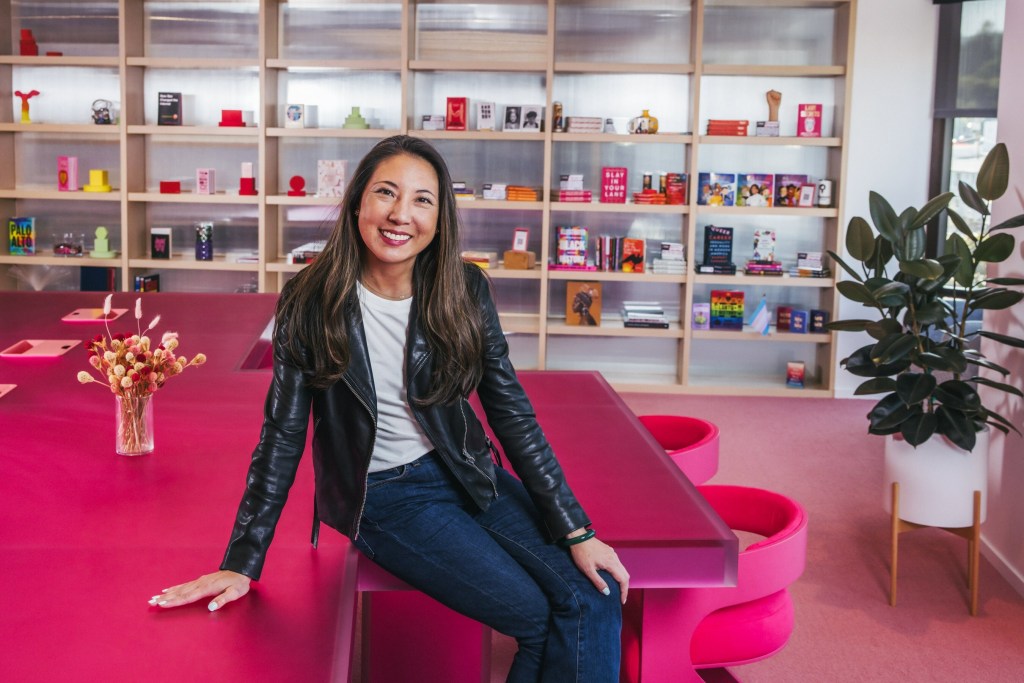
Dating app behemoth Match Group has named Faye Iosotaluno as the new Tinder CEO, two years after the previous CEO Renate Nyborg left the company in August 2022. During that time, Match Group CEO Bernard Kim held the position.
Iosotaluno has been working at Match Group since 2017. She was promoted from the company’s chief strategy officer position to Tinder’s chief operating officer in 2022 when Nyborg departed. Nyborg is now building an AI companion startup backed by Sequoia and Andrew Ng’s AI Fund.
“Faye’s understanding of the dating category is unparalleled and coupled together with her remarkable leadership capabilities, I know Tinder will continue to lead the category,” said Bernard Kim, Match Group CEO in a statement.
Match Group has seen the number of paid users decline over the last few quarters. However, in its Q3 2023 earnings report, it said that due to price optimization, overall revenue through paying users increased.
In September, the company introduced a pricey $499 per month subscription to get matched with “most sought after” profiles.
Last year, as a part of a settlement with Google, Match Group was allowed to offer in-app purchases through its own billing services on Play Store alongside Google’s own billing system. This means the dating giant will have to pay 26% or 11% (depending on the type of payment) to Google. This user choice billing agreement between two companies will go into effect by March 31, 2024. This cut might increase in-app purchase earnings for Tinder and other Match Group properties.
Tinder also started to experiment with an AI-powered photo selection feature last year. In August, Match Group appointed former Zynga head of growth Mark Kantor as vice president of innovation to focus on introducing AI-powered features across its properties.
Earlier this week, The Wall Street Journal reported that activist investor Elliot Investment Management has built up a stake of $1 billion in Match Group. Elliot will discuss changes with Match Group to improve the company’s performance, according to the report.
Match Group’s stock has dipped more than 13% in the last 12 months. However, on the back of the reports of Elliot’s investment and appointment of the new CEO, the share prices jumped over 3% during after-hours on Tuesday.

